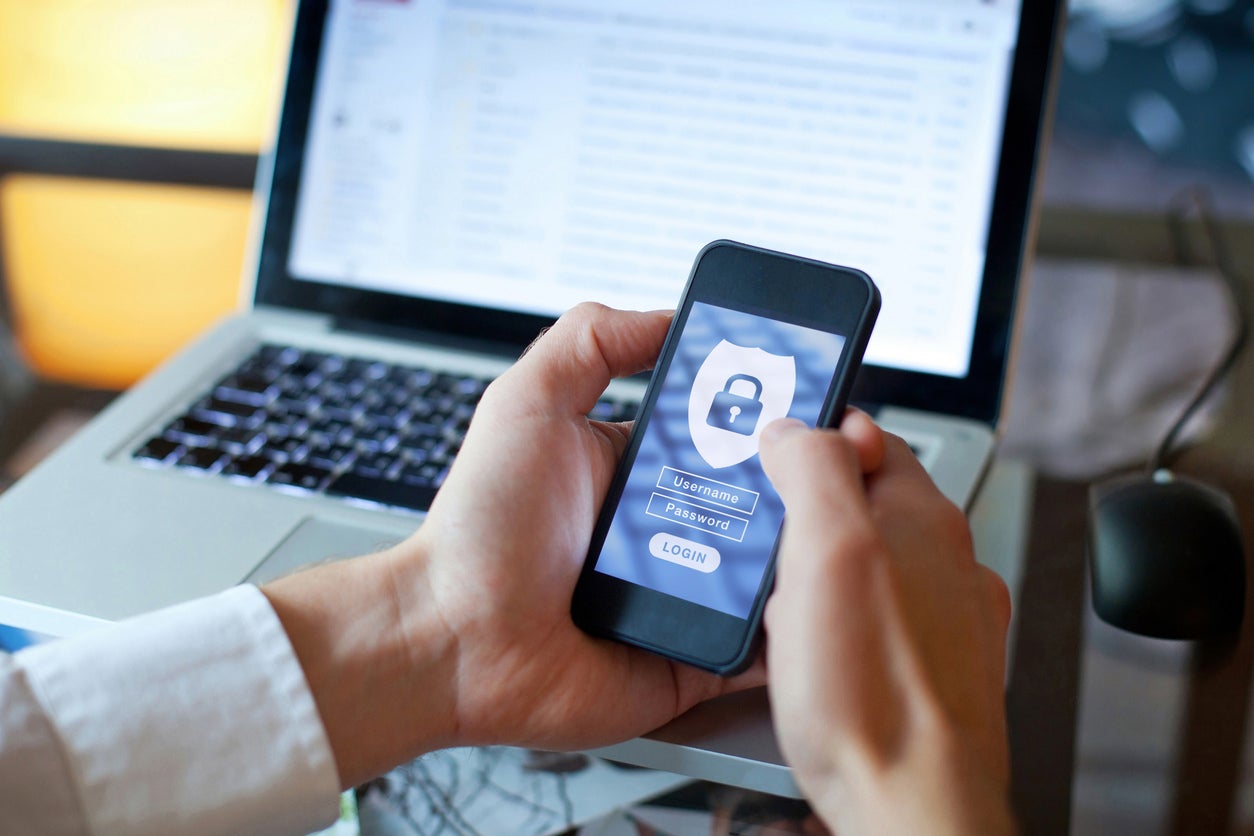From '12345' to 'blink182', the most hacked passwords revealed in warning over cyber-security
Liverpool is most common Premier League football team used in passwords, with Superman most popular fictional character

Using easily guessed passwords across multiple accounts is a major gap in the online security habits of British people, a government study has found.
The survey by the National Cyber Security Centre (NCSC) found that many internet users did not know the best ways to protect themselves from cybercrime, with 42 per cent expecting to lose money to online fraud.
Only 15 per cent of the survey’s 2,500 respondents said they knew “a great deal” about how to protect themselves from harmful activity online, while fewer than half of respondents said they do not always use a strong, separate password for their main email account.
The passwords “12345”, “123456789” and “qwerty” were identified by researchers as the most commonly breached globally to access sensitive information.
The word “password” and “1111111” also made up the top five passwords accessed in global cyber breaches.
Ashley was revealed to be the most common name used in a password, followed by Michael, Daniel, Jessica and Charlie.
Liverpool was the most common Premier League football team used in a password, with Chelsea, Arsenal, “manutd” and Everton also making up the top five.
Blink 182 was the most frequently used music act, followed by 50 cent, Eminem, Metallica and Slipknot.
Superman was the most common fictional character used in a password with Naruto, Tigger, Pokemon and Batman also making up the top five.
The NCSC survey also found that one in three British people rely to some extent on friends and family for help on cyber security with young people more likely to be privacy conscious.
Dr Ian Levy, NCSC’s technical director, said: “We understand that cyber security can feel daunting to a lot of people, but the National Cyber Security Centre has published lots of easily applicable advice to make you much less vulnerable.
“Password re-use is a major risk that can be avoided – nobody should protect sensitive data with something that can be guessed, like their first name, local football team or favourite band.
“Using hard-to-guess passwords is a strong first step and we recommend combining three random but memorable words. Be creative and use words memorable to you, so people can’t guess your password.”

Troy Hunt, whose website Have I Been Pwned? allows people to check if they have an account that has been compromised in a data breach, also urged internet users to make better password decisions.
“Making good password choices is the single biggest control consumers have over their own personal security posture,” he said.
Join our commenting forum
Join thought-provoking conversations, follow other Independent readers and see their replies
Comments
Bookmark popover
Removed from bookmarks